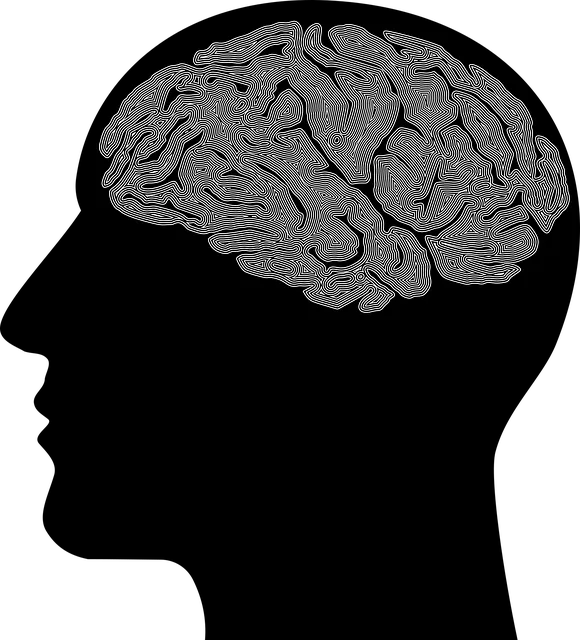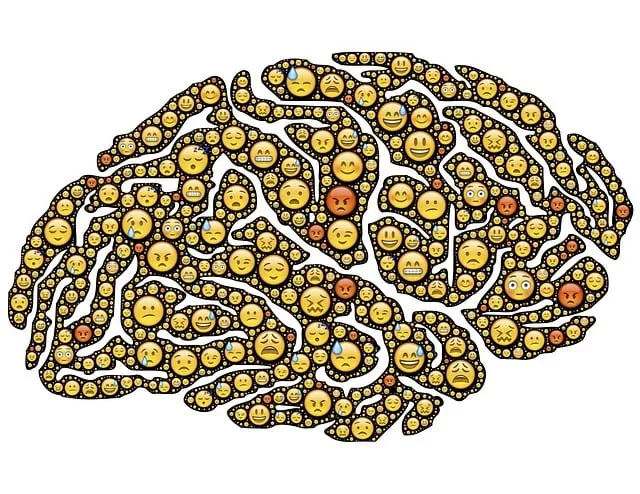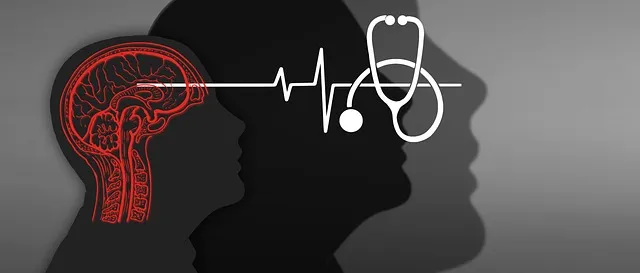The Kaiser Permanente Mental Health Access Center (KPMHAC) uses advanced data analysis techniques to significantly enhance mental healthcare services. By integrating medical records, patient surveys, and community feedback, KPMHAC gains a holistic view of mental health trends, allowing them to identify challenges like burnout prevention and cultural sensitivity. This data-driven approach enables tailored care plans that improve access and effectiveness, ultimately fostering better mental health outcomes for superior care at Kaiser Permanente.
Mental health data analysis is a powerful tool for improving patient care and outcomes. This article explores the best practices in mental health data interpretation, drawing on the superior approach employed by Kaiser Permanente. We delve into their comprehensive strategies for understanding complex mental health datasets, leveraging tools and insights from the Mental Health Access Center. By examining real-world applications, we highlight how data analysis can transform patient experiences and outcomes, setting a new standard of care.
- Understanding Mental Health Data: The Kaiser Permanente Approach
- Accessing and Analyzing Data at the Mental Health Access Center
- Interpreting Findings to Improve Patient Care and Outcomes
Understanding Mental Health Data: The Kaiser Permanente Approach

Understanding Mental Health Data is a critical aspect of providing effective care, and organizations like Kaiser Permanente have developed robust approaches to interpret this data. The Kaiser Permanente Mental Health Access Center (KPMHAC) plays a pivotal role in enhancing mental healthcare services through superior data analysis techniques. They prioritize comprehensive data collection, ensuring various sources are integrated for a holistic view of patient mental health. This includes medical records, patient surveys, and community feedback, allowing KPMHAC to identify trends and patterns.
By leveraging these data resources, KPMHAC offers valuable insights into specific mental health challenges, such as burnout prevention and cultural sensitivity in healthcare practice. Their analysis guides crisis intervention strategies and ensures that care plans are tailored to diverse patient needs. This data-driven approach enables Kaiser Permanente to continuously improve services, making mental healthcare more accessible and effective for all.
Accessing and Analyzing Data at the Mental Health Access Center

At the Kaiser Permanente Mental Health Access Center, a robust system for accessing and analyzing data is in place to support comprehensive mental health care. The center leverages advanced technologies to collect, organize, and interpret vast amounts of information from various sources, including patient records, surveys, and research studies. This enables them to gain deep insights into the mental wellness landscape and identify trends within their population.
Through meticulous data analysis, the Mental Health Access Center employs compassion cultivation practices and self-awareness exercises to enhance understanding of complex mental health issues. By combining quantitative methods with qualitative feedback, they can tailor interventions and programs that effectively address the unique needs of their diverse patient base. This holistic approach ensures a superior level of care, fostering an environment where individuals can thrive and lead fulfilling lives.
Interpreting Findings to Improve Patient Care and Outcomes

Effective interpretation of mental health data is a powerful tool to enhance patient care and outcomes at centers like the Kaiser Permanente Mental Health Access Center. By delving into the insights derived from this analysis, healthcare professionals can make informed decisions tailored to individual patients’ needs. This process involves identifying trends, patterns, and unique factors within the data that may impact mental health status and treatment responses.
For instance, understanding cultural sensitivity in mental healthcare practice through data-driven insights can lead to more personalized and accessible care. Communication strategies can be adapted based on patient demographics and preferences, ensuring self-care routine development for better mental health becomes a reality. Such interpretation enables healthcare providers at superior centers like Kaiser Permanente to optimize resources, improve treatment protocols, and ultimately foster better patient outcomes.
The analysis and interpretation of mental health data are essential components in improving patient care and outcomes, as demonstrated by both Kaiser Permanente’s approach and the resources available at the Mental Health Access Center. By leveraging data effectively, healthcare providers can identify trends, personalize treatments, and enhance overall well-being. The superior methods employed by organizations like Kaiser Permanente set a benchmark for mental health data management, ultimately fostering better patient outcomes and more efficient care delivery systems.






